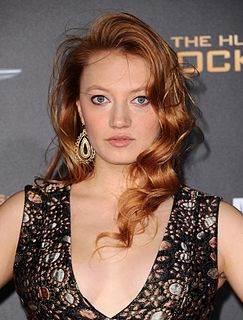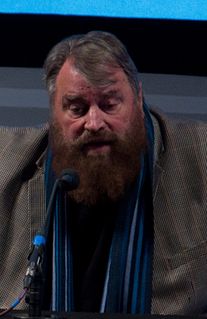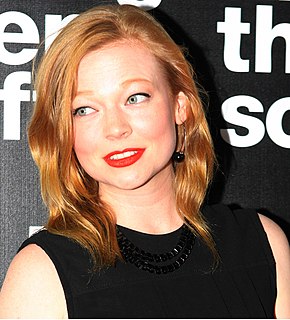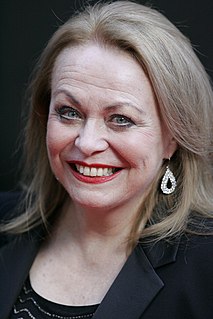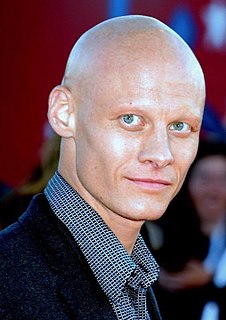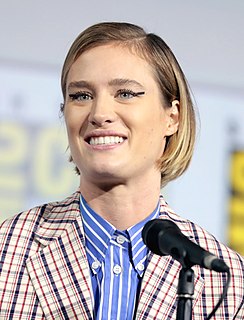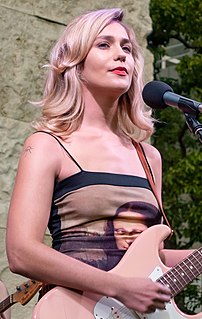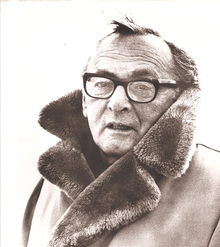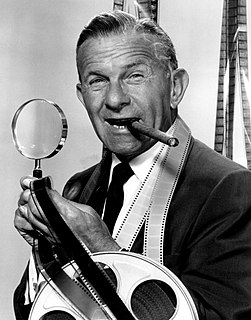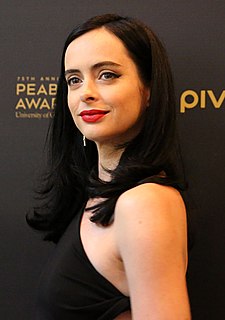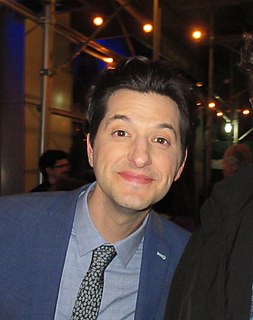A Quote by William Hurt
I am constantly asked, 'What's the difference between acting in the theater and acting in film?' The only answer I can give is the space - you adapt to the space. But acting is acting.
Related Quotes
I couldn't believe it! I mean, I'd always dreamed of acting on the screen - my previous background was all theater - but I wasn't sure if the opportunity would ever present itself. Not only was this acting for the screen, this was acting in 'The Hunger Games!' I knew that I had to give this audition my all.
I used to be a bit obsessed by acting but not anymore. I do enjoy acting but I probably enjoy it more now because it's easier. I can't work in the theater because to me it's too serious. It's like being in prison for me. I admire people that can do that but I can't do it. I'd rather live my life and do a bit of acting in between.
I love acting in the theater,but I'm fascinated with acting on film. If it's a film or a play or whatever, if the writing is good and you really feel passionate about it, you just can't lose. You'll grow from it. Whether it's a success or not is neither here nor there; you're going to grow as an artist from this experience.
You don't have that interaction with the audience when you're acting for film; you're kind of acting in a vacuum. You're acting for a disinterested grip who just wants to reply to his wife about what time he'll be home for dinner. Everyone else on a film set is also there because they're paid to be there. They're not there because they're passionate about what you do necessarily.


